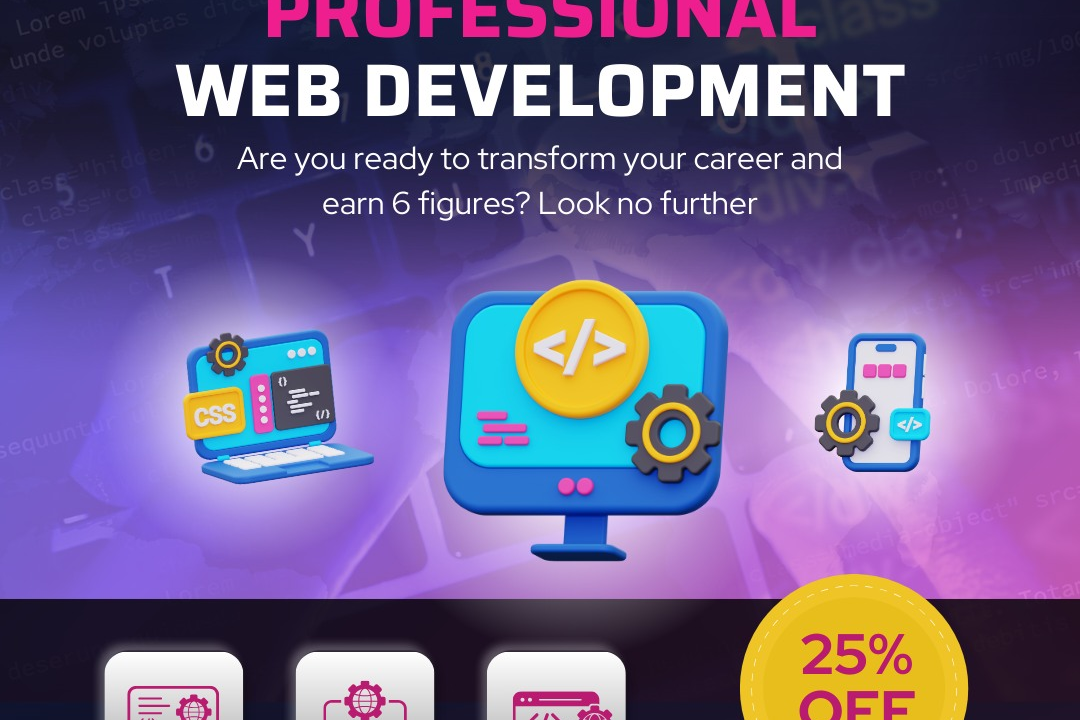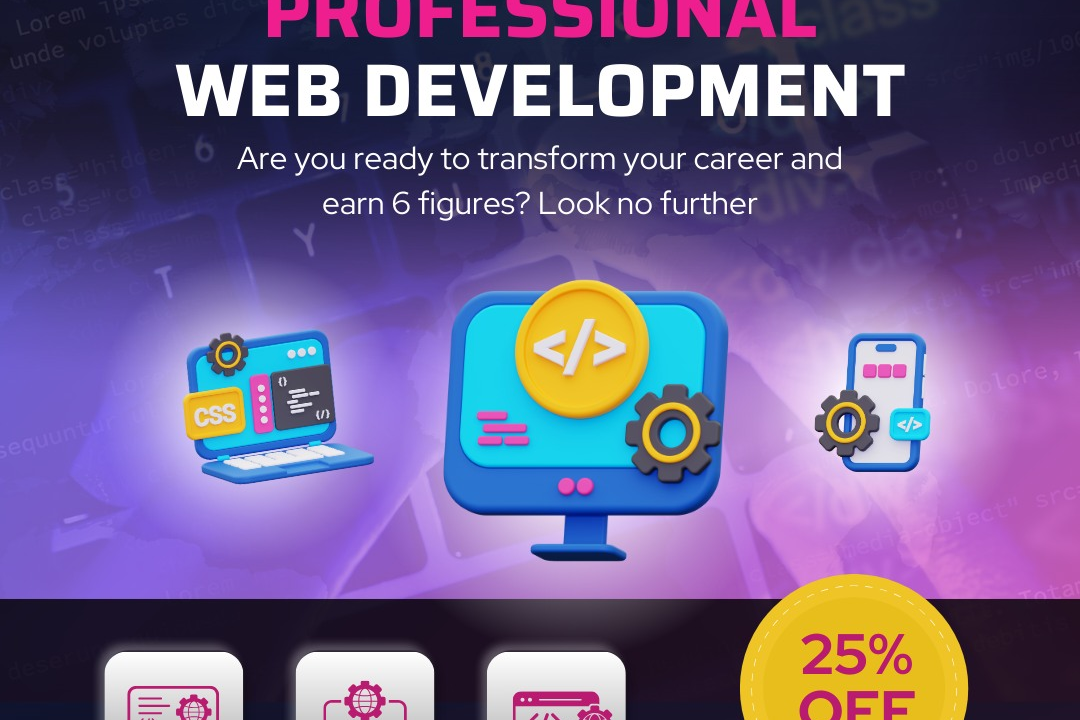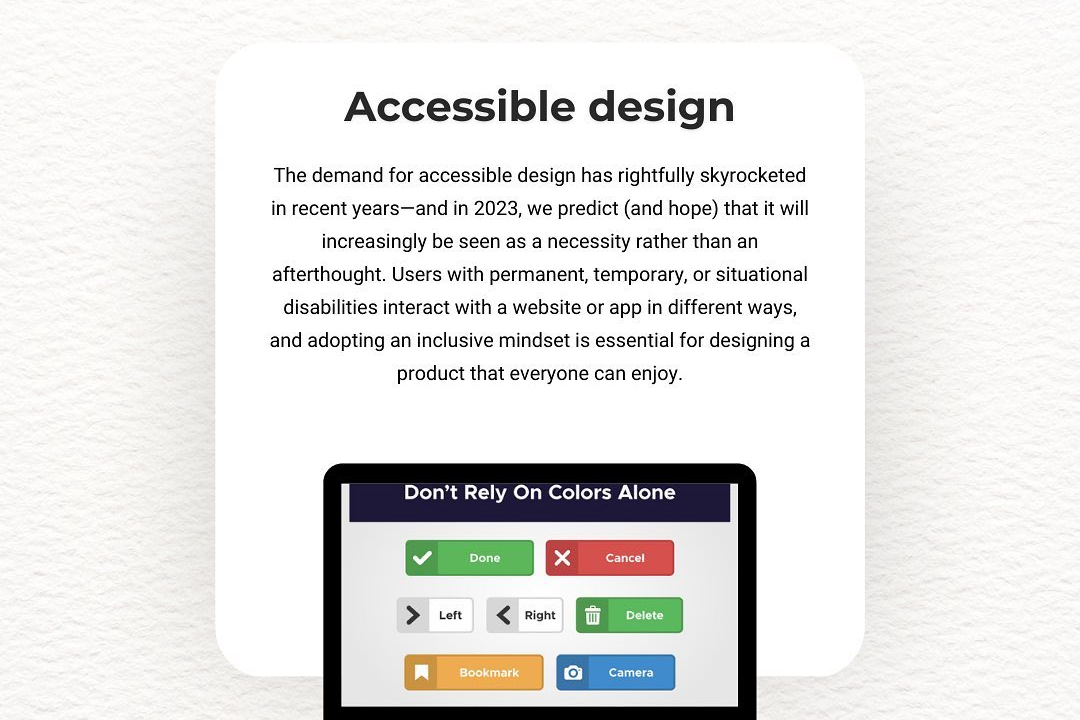Echo Server Program In Php
An echo server program in PHP is a server-side application that listens for incoming connections and
Echo Server Program In Php
An echo server program in PHP is a vital tool for developers as it facilitates the understanding of network communication by demonstrating how data is transmitted between a client and a server. By echoing back the data it receives, this server allows developers to test and debug their network applications effectively, ensuring that data integrity is maintained across communications. It serves as an excellent educational resource for those learning about socket programming and client-server architectures, as well as a practical solution for troubleshooting connectivity issues in real-time projects. Ultimately, implementing an echo server aids in enhancing programming skills and improving the robustness of networked applications.
To Download Our Brochure: https://www.justacademy.co/download-brochure-for-free
Message us for more information: +91 9987184296
An echo server program in PHP is a vital tool for developers as it facilitates the understanding of network communication by demonstrating how data is transmitted between a client and a server. By echoing back the data it receives, this server allows developers to test and debug their network applications effectively, ensuring that data integrity is maintained across communications. It serves as an excellent educational resource for those learning about socket programming and client server architectures, as well as a practical solution for troubleshooting connectivity issues in real time projects. Ultimately, implementing an echo server aids in enhancing programming skills and improving the robustness of networked applications.
Course Overview
The “Echo Server Program in PHP” course offers an in-depth exploration of socket programming, focusing on the implementation of an echo server using PHP. Participants will learn to create a server that accepts client connections, receives data, and sends it back, thereby gaining hands-on experience in real-time data transmission and debugging. The course covers essential concepts such as network protocols, data handling, and error management, equipping learners with the skills needed to develop robust network applications. By engaging in real-time projects, students will enhance their understanding of client-server interactions, which is crucial for any aspiring developer in the field of web technologies.
Course Description
The “Echo Server Program in PHP” course provides a comprehensive introduction to socket programming by guiding students through the creation of an echo server. Participants will learn to establish server-client communication, where the server receives messages from clients and sends them back unchanged. This hands-on course emphasizes practical skills through real-time projects, covering essential topics like network protocols, data transmission, and error handling. Ideal for aspiring developers, this course equips learners with the foundational knowledge necessary to build and troubleshoot network applications, fostering a deeper understanding of client-server architecture in web development.
Key Features
1 - Comprehensive Tool Coverage: Provides hands-on training with a range of industry-standard testing tools, including Selenium, JIRA, LoadRunner, and TestRail.
2) Practical Exercises: Features real-world exercises and case studies to apply tools in various testing scenarios.
3) Interactive Learning: Includes interactive sessions with industry experts for personalized feedback and guidance.
4) Detailed Tutorials: Offers extensive tutorials and documentation on tool functionalities and best practices.
5) Advanced Techniques: Covers both fundamental and advanced techniques for using testing tools effectively.
6) Data Visualization: Integrates tools for visualizing test metrics and results, enhancing data interpretation and decision-making.
7) Tool Integration: Teaches how to integrate testing tools into the software development lifecycle for streamlined workflows.
8) Project-Based Learning: Focuses on project-based learning to build practical skills and create a portfolio of completed tasks.
9) Career Support: Provides resources and support for applying learned skills to real-world job scenarios, including resume building and interview preparation.
10) Up-to-Date Content: Ensures that course materials reflect the latest industry standards and tool updates.
Benefits of taking our course
Functional Tools
1 - PHP: As the core programming language for the Echo Server Program, PHP is essential for creating dynamic web pages and applications. PHP’s built in functions for socket programming allow developers to establish connection protocols seamlessly, making it ideal for handling real time data transmission. With PHP's easy integration with HTML and database systems, students can build robust back end systems that support echo server functionalities. The learning process includes mastering various PHP concepts, including syntax, data types, functions, and error handling, to provide a comprehensive understanding of how to apply PHP effectively in real time applications.
2) Socket Programming: This essential component involves understanding the underlying principles of creating network sockets, which are endpoints for communication between applications. Students will explore both TCP and UDP protocols, learning how to establish, maintain, and close connections effectively. Key topics include data serialization, client server architecture, and handling concurrent connections, ensuring that students can design systems that cater to multiple clients efficiently. Mastering socket programming prepares learners to tackle various communication protocols in real world applications.
3) Composer: Composer is a dependency management tool for PHP that will be utilized throughout the course to simplify the management of libraries and dependencies in projects. Students will learn how to install, update, and configure packages efficiently, which is crucial when working on complex applications. By using Composer, learners will also understand how to leverage prebuilt libraries, reducing coding redundancy and enhancing productivity. This tool promotes best practices in project structure and helps students maintain consistent environments across various stages of development.
4) XAMPP: An open source cross platform web server solution stack package that includes Apache, MySQL, and PHP. XAMPP provides an easy to use environment for deploying PHP applications, allowing students to test and run their echo server projects locally. Through XAMPP, learners will gain hands on experience setting up their development environment, managing databases, and troubleshooting common server issues. This practical exposure helps in understanding the deployment of PHP applications in different scenarios, shedding light on the server side aspects of web development.
5) Postman: This powerful API testing tool facilitates robust testing and interaction with the echo server once it is built. Students will use Postman to send requests, inspect responses, and debug issues, enabling them to validate their server's functionality. Familiarity with Postman prepares students for best practices in API development and testing, leading to more resilient and reliable applications. By mastering this tool, learners can simulate client server interactions and troubleshoot their echo server implementations effectively.
6) Git: As a version control system, Git is indispensable for managing code changes and collaborating on projects within the course. Students will learn how to track changes in their codebase, manage branches, and resolve conflicts that arise during collaborative work. Mastery of Git enhances students' workflow efficiencies, ensures code integrity, and is essential for professional development environments. Understanding version control not only aids in maintaining project organization but also fosters a culture of teamwork and contribution in coding, which is vital for career advancement in the tech industry.
7) JavaScript: While PHP handles server side scripting, JavaScript plays a crucial role in enhancing client side interactions. Students will learn how to implement JavaScript to create dynamic and interactive features, such as real time updates of data from the server. Key concepts include event handling, AJAX requests, and manipulating the DOM. This knowledge will allow learners to build engaging user interfaces that react instantly to server responses, providing a seamless user experience in their echo server applications.
8) HTML & CSS: As foundational technologies for web development, HTML and CSS are essential for building the front end structure and style of the applications within the course. Students will be taught how to create visually appealing user interfaces and effectively organize their content using semantic HTML and CSS best practices. Understanding these technologies allows learners to create well structured applications that enhance usability and accessibility, ensuring that their echo server projects are not only functional but also aesthetically pleasing.
9) Database Management: A vital aspect of web applications is the ability to manage and interact with databases effectively. The course will cover MySQL or another relational database system, focusing on CRUD (Create, Read, Update, Delete) operations, data relationships, and querying techniques. Students will learn how to integrate database functionality within their echo server projects, ensuring data persistence and reliability. This knowledge is essential for developing applications that require storage and retrieval of user information and transactions.
10) API Development: Understanding how to design and implement APIs is crucial for creating a functional echo server. Students will learn how to structure RESTful APIs, focusing on best practices such as proper URI design, statelessness, and using appropriate HTTP methods. This knowledge will enable learners to create services that communicate effectively with various clients, making their applications more versatile and adaptable to different environments and requirements.
11 - Security Practices: Security should be a priority when developing web applications. The course will delve into common vulnerabilities such as SQL injection, cross site scripting (XSS), and session hijacking. Students will learn secure coding practices, including input sanitization, output encoding, and proper authentication mechanisms. By integrating security best practices into their echo server projects, learners can deliver safer applications that protect user data and build trust with users.
12) Debugging Techniques: Debugging is an essential skill for developers. Students will learn various debugging techniques and tools, such as using PHP’s built in functions, browser developer tools, and logging errors effectively. Cultivating strong debugging skills will empower learners to diagnose and resolve issues efficiently, ensuring a smoother development process and higher quality code.
13) Real time Communication: Emphasizing the importance of real time communication in modern applications, the course will teach concepts such as WebSockets and long polling. Students will see how these technologies enable instantaneous data exchange between the server and clients, essential for applications that require live updates, such as chat apps or live notifications. Understanding real time communication boosts the functionality of echo server projects, enhancing their responsiveness and user engagement.
14) Deployment Techniques: Learning how to deploy applications to a live environment is a crucial step in the development lifecycle. The course will cover various deployment strategies, including using platforms like Heroku, DigitalOcean, or AWS. Students will learn about configuration management, continuous integration/continuous deployment (CI/CD) pipelines, and troubleshooting deployment issues. Mastery of deployment techniques prepares students for real world scenarios where they must make their projects available to users seamlessly.
15) Project Management Tools: Familiarity with project management tools like Trello or Jira will be integrated into the learning experience. These tools help students track progress, manage tasks, and collaborate effectively in teams. Understanding project management principles is essential for organizing complex projects and will benefit learners in their future careers as they work on larger scale applications.
16) Code Review Practices: Learning how to conduct and participate in code reviews is crucial for professional development. Students will be taught how to provide constructive feedback, identify potential improvements in code quality, and adhere to coding standards. This practice not only enhances the quality of the projects but also fosters a culture of collaboration and continuous improvement among peers.
By incorporating these additional points into the course framework, students will gain a comprehensive skill set that prepares them for successful careers in web development and beyond, equipping them with the tools and knowledge necessary to tackle real world challenges.
Browse our course links : https://www.justacademy.co/all-courses
To Join our FREE DEMO Session:
This information is sourced from JustAcademy
Contact Info:
Roshan Chaturvedi
Message us on Whatsapp: +91 9987184296
Email id: info@justacademy.co












